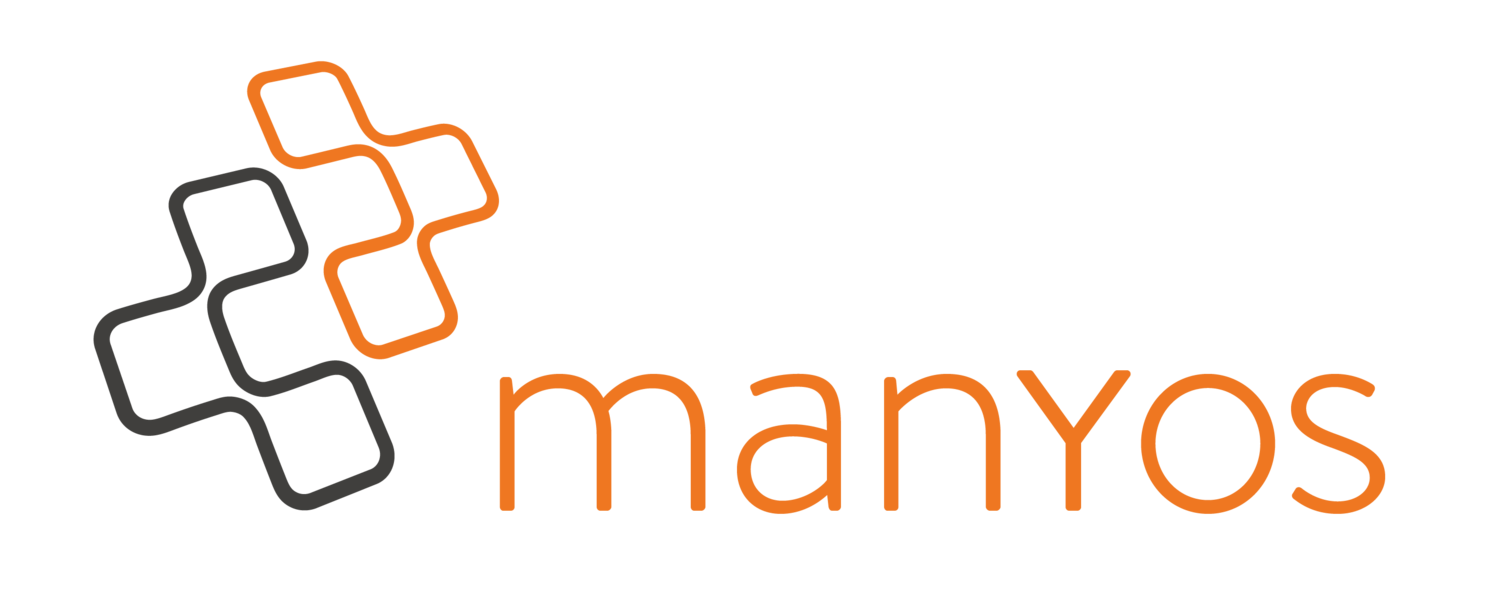In the last couple of years we’ve created tons of Atrium Integrator Jobs to import or modify data.
If you want to import or modify data to BMC Remedy, you need to do some checks if data is already there or something like that.
At the moment you can use
“Merge Joins”,
“Stream lookup” or
“DB Lookup”
to handle this.
Using a “Merge Join” to lookup data
Why shouldn’t we design transformation this way?
While creating transformations with the Merge Join or Stream lookup, you have to receive ALL data from your lookup form, and not just the part you need.
We know this is very inefficient because it is very slow, it takes a lot of memory, and it takes time to create all those steps.
Also the DB Lookup Step is no good solution, you can not lookup multiple rows, and it can not handle the remedy datatypes (dates, binaries, selections, … ).
Our solution for this problem
To make this easier for everyone, we’ve developed our own step for the Atrium Integrator, which can be used to simply lookup your needed data with just one simple step. This small step completely matches our product philosophy “smile” (smart integrations, less effort).
Same transformation using AR Lookup Step
AR Lookup Step Features
decide whether you want to receive all matching rows or only the first
get rid of all steps for sorting, searching and filtering
handles datatypes: characters, dates, numbers, binaries, currencies, selections
and best of all: it is free to use!
Installation
To install the plugin you need to place the jar file on your client, where your spoon is installed local and on your server.
The place for the plugin is the same on both systems:
../data-integration/plugins/steps/ARLookUp
Usage
AR Lookup Step
This step is similar to to the CMDB Lookup and DB Lookup Step, which already exists on your system.
Select the AR connection and form name at the top.
Choose whether you want to receive the first match (single row) or all matching rows (multi row).
In the first table select both key fields(stream field and form field)
In the second table select the fields you want to receive from your lookup form.
Datatype handling
Date
to receive the data as a timestamp, set the lookup field to “Timestamp”
to receive the data as a date, set the lookup field to “Date”
Selection
to receive the numeric value from this selection, set the lookup field to “Integer”
to receive the string value from this selection, set the lookup field to “String”
Binaries
to receive the attachment name, set the field to “String”
to receive the attachment binary, set the field to “Binary”
Currency
To receive the numeric value, set the field to “BigNumber”
To receive the currency value, set the field to “String”
To receive the conversion date, set the field to “Date”




